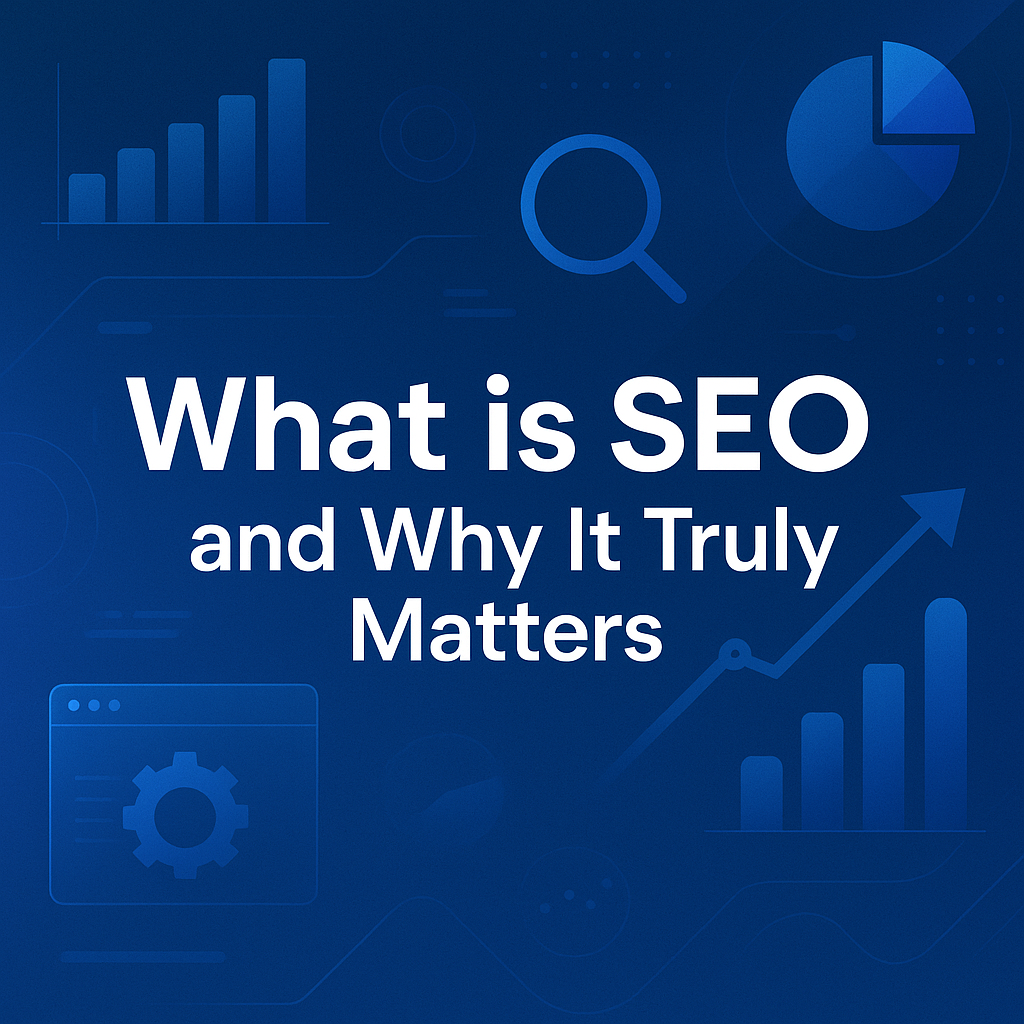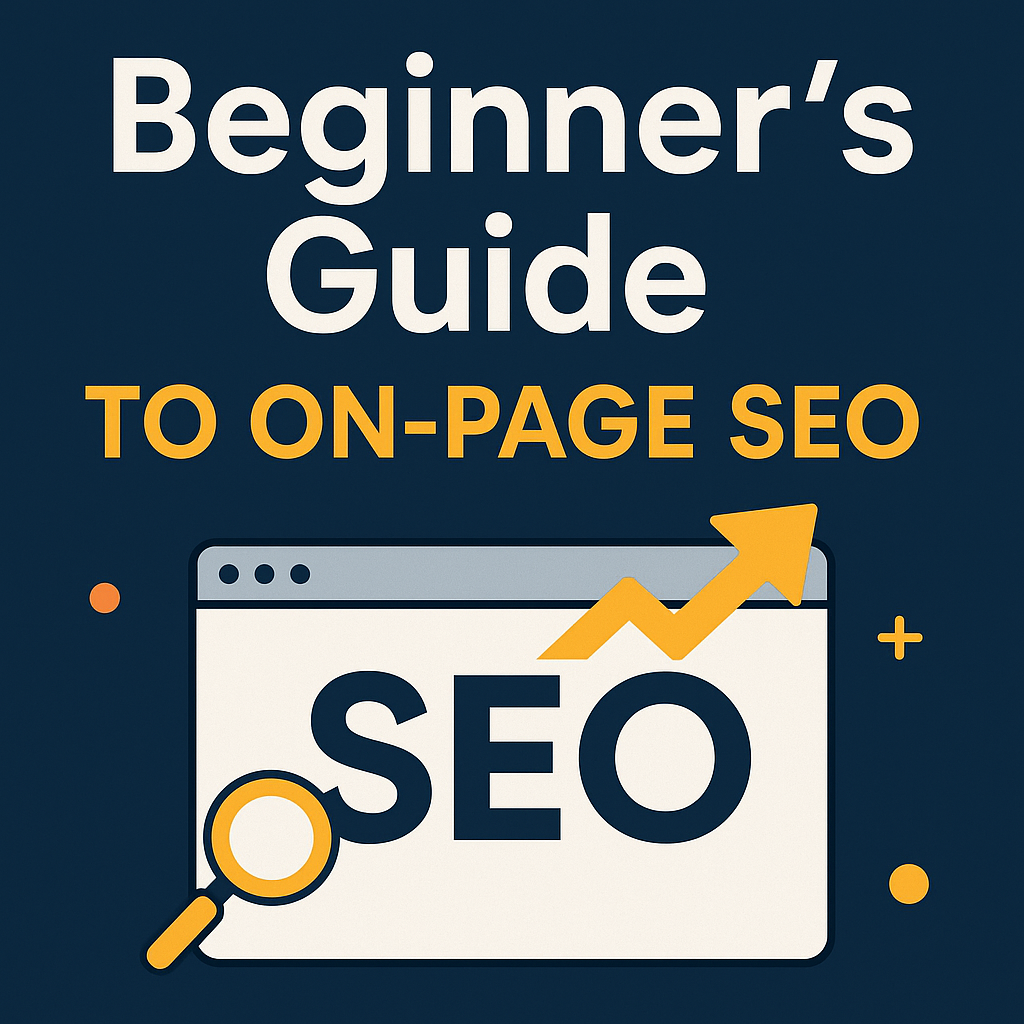In today’s digital age, SEO (Search Engine Optimization) is more than just a buzzword—it’s the cornerstone of a successful online presence. But while most website owners focus on keywords, content, and backlinks, they often overlook two critical technical pillars: domain name and hosting. These elements can significantly influence your search engine rankings, user experience, and long-term digital growth.
Here’s a comprehensive 2025 guide on how your domain and hosting decisions affect SEO—and how to make the right choices.
1. Domain Name and Its SEO Relevance
1.1 Keywords in the Domain
Incorporating keywords in your domain name can improve your visibility in search engine results. While it’s no longer a guaranteed boost, it still sends relevance signals. For example, a domain like DigitalMarketingPro.com suggests the site’s niche instantly.
1.2 Domain Length and Simplicity
Short, easy-to-remember domains perform better in user experience (UX), brand recall, and click-through rates (CTR). Avoid long or complicated names that reduce direct traffic and increase bounce rates.
1.3 Domain Extensions and Trust
In 2025, .com still reigns supreme in global trust and SEO preference, though local extensions like .co.uk or .us can help with regional targeting. Avoid obscure or spammy extensions unless they serve a specific branding purpose.
1.4 Branding and Memorability
A good domain builds your brand. Choose a name that is pronounceable, brandable, and memorable. It should align with your content and marketing strategy.
2. Web Hosting and SEO: Direct & Indirect Impacts
2.1 Page Load Speed
Google prioritizes speed as a ranking factor. If your hosting is slow, it impacts not only SEO but also user experience. In 2025, anything over 2.5 seconds is considered poor. Choose SSD-powered servers and hosting providers with modern infrastructure.
2.2 Uptime and Server Reliability
Downtime affects your SEO severely. Googlebot may visit during outages, and if your site is down, it reflects poorly on crawlability and ranking. Aim for a 99.9%+ uptime SLA (Service Level Agreement).
2.3 Security and HTTPS
Security is non-negotiable. HTTPS is now a minimum SEO requirement. A good host should provide free SSL certificates and advanced protections like DDoS mitigation and firewall security.
2.4 Server Location
For speed optimization, choose a data center geographically close to your main audience, or use a Content Delivery Network (CDN) to reduce latency globally.
3. Domain and Hosting Synergy
Your domain and host should work together to create a seamless and efficient digital experience. A strong domain paired with fast, secure, and scalable hosting improves your overall SEO posture.
4. User Experience (UX) as a Hidden Ranking Signal
4.1 Mobile Optimization
Ensure your hosting supports responsive design and your domain loads equally well on mobile and desktop. Google uses mobile-first indexing by default in 2025.
4.2 Navigation and Internal Linking
Domains that are easy to type and remember encourage return visits. Combine this with internal linking strategies supported by fast hosting to increase user time on site.
5. Backlinks and SEO Structure
Backlinks remain a top-ranking signal. A secure, fast-loading domain builds trust with other websites, making them more likely to link to you. Likewise, a poor domain or hosting setup may lead to fewer inbound links and less authority.
6. Technical SEO: Domain & Hosting Tools
6.1 Google Search Console & Analytics
Both services help track how your domain performs in search, identify crawl issues, and offer insights into user behavior. Choose a host that integrates smoothly with these tools.
6.2 Speed Tests and Audits
Use tools like Google PageSpeed Insights, GTmetrix, or Pingdom to audit your hosting performance. Fix slow load times, image bottlenecks, or DNS resolution issues that harm SEO.
7. Measuring SEO Impact
Track metrics like:
- Bounce rate: If it’s high, investigate page speed and UX.
- Average session duration: Longer sessions usually mean better SEO health.
- Top landing pages: If slow-loading pages rank poorly, check your hosting.
8. Routine Maintenance is Crucial
8.1 Renew Domain Regularly
Allowing your domain to expire could lead to penalties or even blacklisting by search engines. Always auto-renew.
8.2 Hosting Updates
Your hosting provider should regularly update server software (PHP, MySQL, etc.) to prevent vulnerabilities that could harm SEO or result in downtime.
9. Common Mistakes to Avoid
- Choosing a domain with numbers, hyphens, or ambiguous spellings
- Opting for cheap, oversold shared hosting with no support
- Ignoring HTTPS and basic security measures
- Neglecting performance audits
10. The Future of SEO and Hosting
10.1 AI and Automation
SEO tools powered by AI are increasingly detecting poor hosting environments. Ensure your infrastructure is robust enough to pass automated technical audits.
10.2 Content-First Strategy
Despite all technical optimizations, content remains king. However, the content won’t rank if your domain is weak or your host unreliable.
Final Thoughts
Domain and hosting are foundational to your site’s SEO. They influence everything from crawlability and speed to trust and authority. In 2025, with search algorithms getting smarter and user expectations higher, your domain and hosting choices could make or break your SEO efforts.
Whether you’re starting a blog or building a commercial website, invest time and money wisely in these two assets. Treat them as long-term investments in your digital success.

